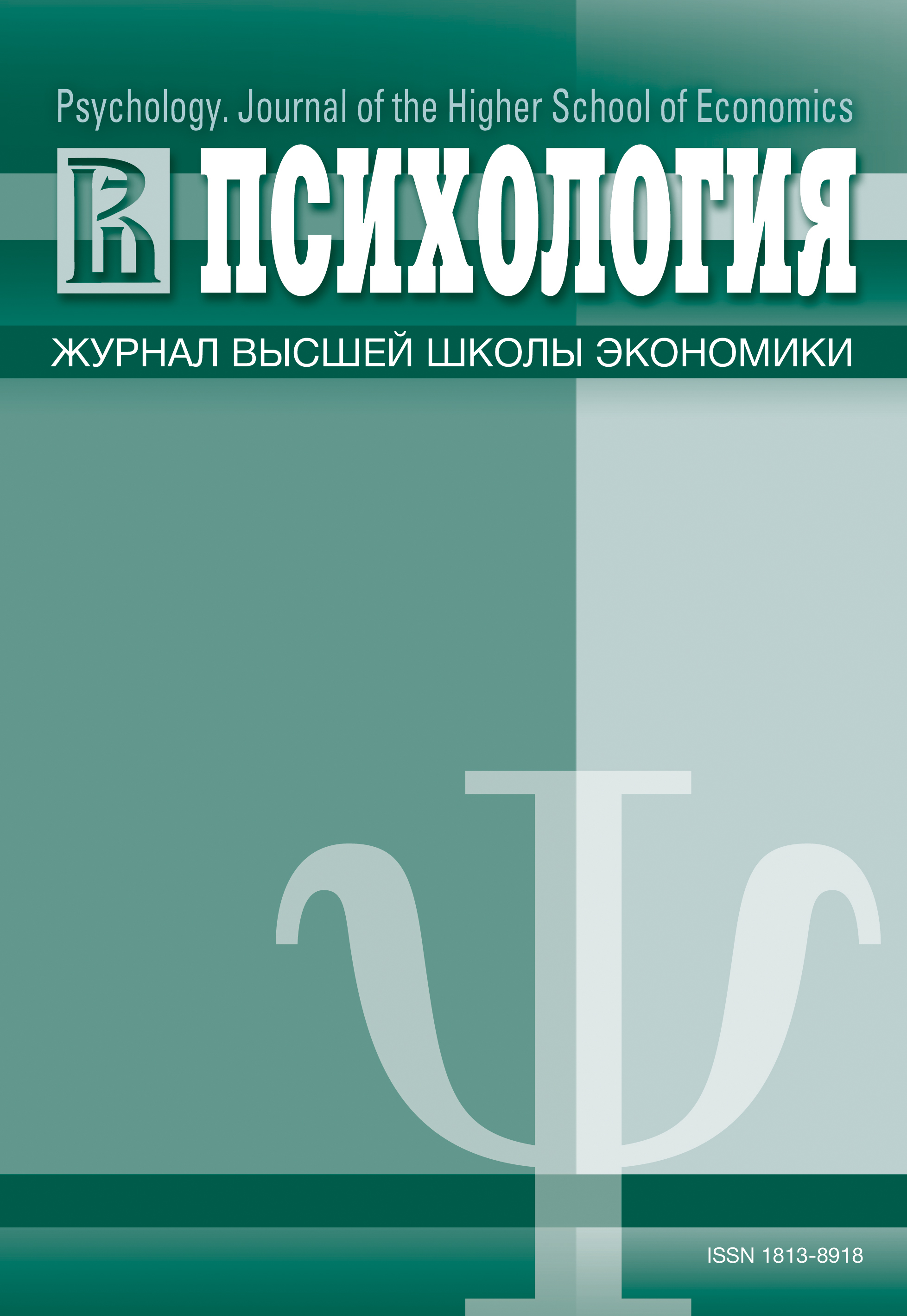«Принцип оппозиций» в персонологическом познании
Ключевые слова:
рефлексия, персонология, интуиция, оппозиции, противоречие, жизненные отношения личности, Я, волшебные сказки
Аннотация
Статья посвящена принципу оппозиций как персонологическому способу познания личности, имманентному европейскому мышлению и концептуально обоснованному в философской диалектике, глубинной психологии и теории жизненных отношений личности Е.Б. Старовойтенко. Принцип оппозиций рассматривается в структуре общей персонологии в аспекте его потенциалов постановки и разработки новых проблем познания личности через различные формы синтеза теории, герменевтики и практики персонологии. Различаются онтологический, гносеологический и рефлексивно-феноменологический «модусы» существования оппозиций жизни личности. В работе представлены результаты герменевтического исследования отношения личности к оппозициям жизни. Описаны интуитивные приемы личности в обращении с оппозициями, реконструированные на материалах европейских и русских волшебных сказок. Обозначена проблематика «Я» как субъекта отношений к оппозициям жизни.Скачивания
Данные скачивания пока не доступны.
Опубликован
2013-04-01
Как цитировать
ИсаеваА. Н. (2013). «Принцип оппозиций» в персонологическом познании. Психология. Журнал Высшей школы экономики, 10(1), 135-149. https://doi.org/10.17323/1813-8918-2013-1-135-149
Выпуск
Раздел
Персонология





